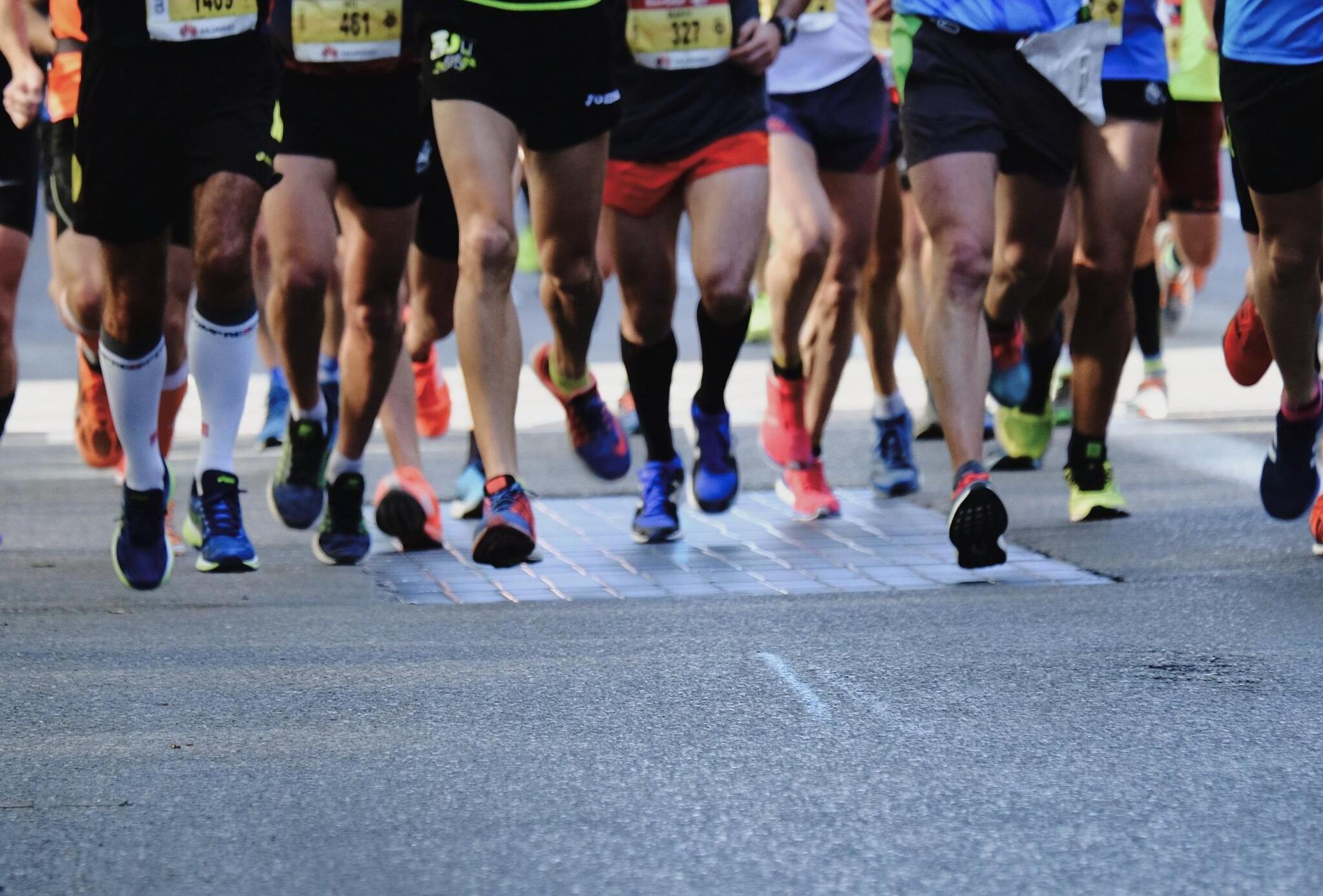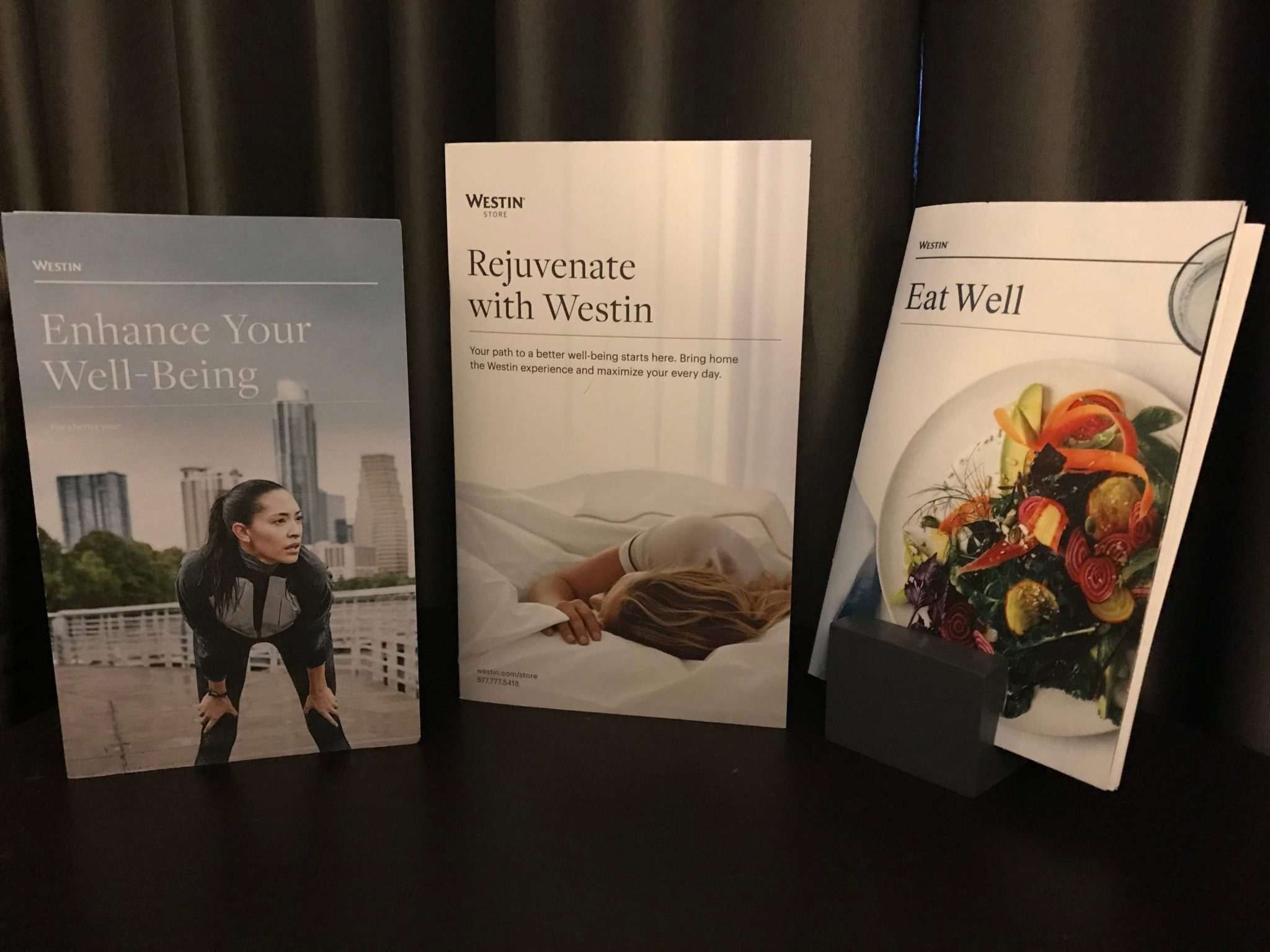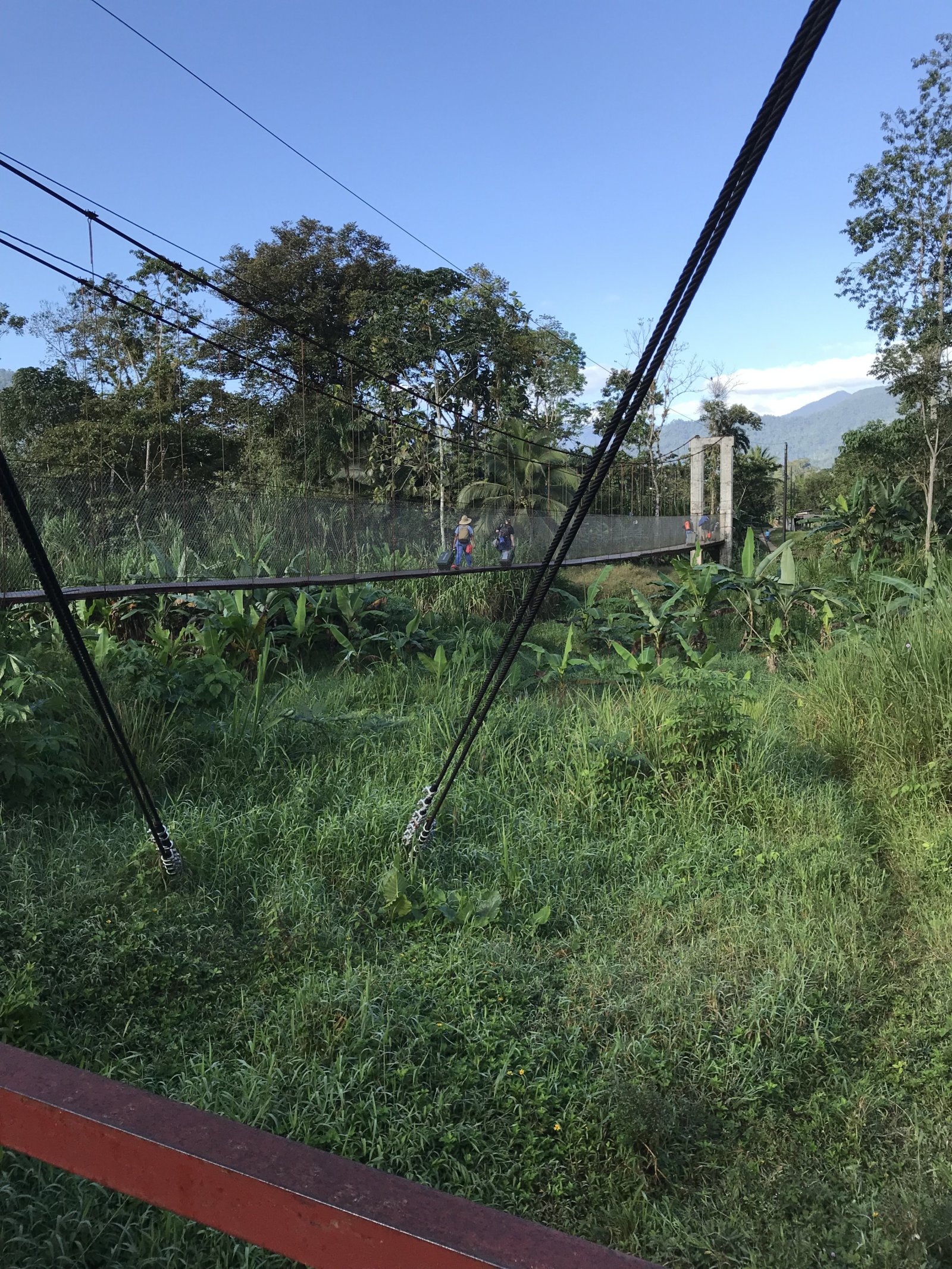How to Sleep Well While Traveling: Expert Tips from GoTravelDaily
Whether it’s unfamiliar surroundings, a raucous hostel dorm, or a pothole-ridden night bus journey, the act of travel presents endless challenges to a peaceful night’s sleep. Given that over 50% of adults consider a good night’s sleep essential for mental wellbeing, managing our circadian rhythms while on the road could be the key to a more enjoyable trip.
With this in mind, we’ve sought expert advice to produce the definitive guide on how best to shut out the distractions of a new environment and achieve restorative sleep — wherever you may lay your head.
How to Sleep in Unfamiliar Surroundings
Do you know that feeling when you’ve arrived fresh off the plane somewhere, full of enthusiasm and anticipation, and then… you just can’t seem to switch off? This phenomenon is known as the ‘first night effect’. Being in a new place means that factors like noises and smells become more pronounced, making it challenging to relax as you normally would.
To tackle this, filter out as many unusual stimuli as possible and create a mini sleep-haven that mimics your nighttime conditions at home.
- Bring Your Pillow: According to Dr. Johan Newell, MD specializing in sleep disorders, having the familiar feel and smell of your own pillow can trick your brain into thinking you’re not in unusual surroundings.
- Use Earplugs or White Noise: If noise affects your sleep, earplugs can help. Alternatively, a white noise app can mask disruptive sounds, allowing you to focus solely on sleep.
- Block Out Excess Light: Use curtains or blinds effectively and consider wearing an eye mask or bringing portable black-out blinds to create a darker environment.
- Set Up Your Bed for Sleep: Avoid associating your bed with anything except sleep, and try not to work or watch TV in bed.
- Control the Room Temperature: The ideal temperature for a good night’s sleep is approximately 16-18°C, so adjust your space accordingly.
How to Sleep in Hostels (and Other Shared Accommodation)
Hostels can be noisy environments. Older travelers, in particular, may find that unfamiliar and noisy sleep settings affect their sleep patterns more significantly. However, several strategies can help minimize disturbances:
- Choose Quiet Locations: Search for accommodation in ‘quiet’, ‘secluded’, or ‘sleepy’ neighborhoods, avoiding ‘party hostels’.
- Select Your Bed Wisely: If possible, choose a bed furthest from the door, and opt for the top bunk to reduce disturbances from other guests.
- Layer Your Sleepwear: Since you have limited control over room temperature, wear layered clothing like light pajamas and a hoodie.
- High-Quality Eye Masks: Use a comfortable eye mask to block out excess light in shared spaces.
How to Sleep on Buses, Trains, and Planes
On any long-haul trip, getting sleep while aboard transport is essential. To facilitate restorative sleep, consider these tips:
- Wear Comfortable Pajamas: Use clothing that your brain associates with sleep. If possible, bring a travel pillow along.
- Mimic Your Bedtime Routine: Brush your teeth, read a calming book, or listen to a podcast to signal to your brain that it is time to sleep.
- Utilize Earplugs and Eye Masks: These can significantly improve sleep quality by blocking out sound and light.
- Consider Temporary Sleep Aids: Over-the-counter medication such as melatonin might help if you’ve used them safely before.
How to Sleep in Airports and Bus Stations
Delays, adverse weather, or missed connections can necessitate quick naps in transport hubs. Here are strategies for catching some sleep under less-than-ideal conditions:
- Find the Best Sleeping Spot: Scout out quieter areas and ensure you’re not in a location that will close while you rest.
- Lay Flat If Possible: Sleeping horizontally is generally more restorative than sitting upright.
- Stay Warm and Keep Belongings Close: Wrap up warmly and keep a watchful eye on your items to avoid theft.
By incorporating these expert strategies, you can significantly improve your ability to sleep well while traveling. For additional travel gear that can assist in achieving better sleep, consider further resources available on travel gear.





